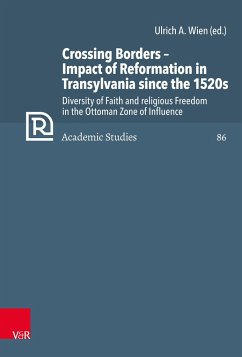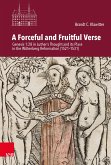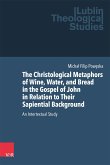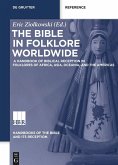In pre-Reformation period Transylvania existed a pluriconfessional situation. Therefore the impulses of the Wittenberg Reformation quickly found a resonance in the humanist bourgeoisie of Transylvania-Saxon cities. A spiritual openness is to be noted, but also the effort to inform the neighbouring ethnic groups directly about it and to convince them. Romanian and Hungarian translations and prints were published on site. Controversial theological debates led to a theological diversity - imported but also independently developed - up to the "early enlightened" undogmatic antitrinitarian movement. At first, the protagonists tried to harmonize the varying concepts of the Reformation on the basis of Melanchthon's theology, which can be demonstrated in theologically deliberately indeterminate formulations. The orientation towards Melanchthon remained decisive for the following decades. Against the backdrop of Ottoman dominance in the region, the intra-Christian religious discussions were ostensibly aimed at religious unity in the "estate monarchy" Transylvania. However, the freedom of proclamation regulated by law by the Transylvanian Diet offered prospectively the option of a homogeneously unitarian regional church, which Prince John II Sigismund aspired to. The analyses of theological and social developments as well as the culture of preaching that reflects them in this multi-denominational and conflict-ridden context show a contrasting model with Central Europe. The content of this volume focussing on these confessional formation processes that extend well into the 17th century, demonstrates a remarkable extraordinary religious development within the Transylvanian cosmos, in respect to the souzerainity relationship with the Ottoman Empire.
Hinweis: Dieser Artikel kann nur an eine deutsche Lieferadresse ausgeliefert werden.
Hinweis: Dieser Artikel kann nur an eine deutsche Lieferadresse ausgeliefert werden.








